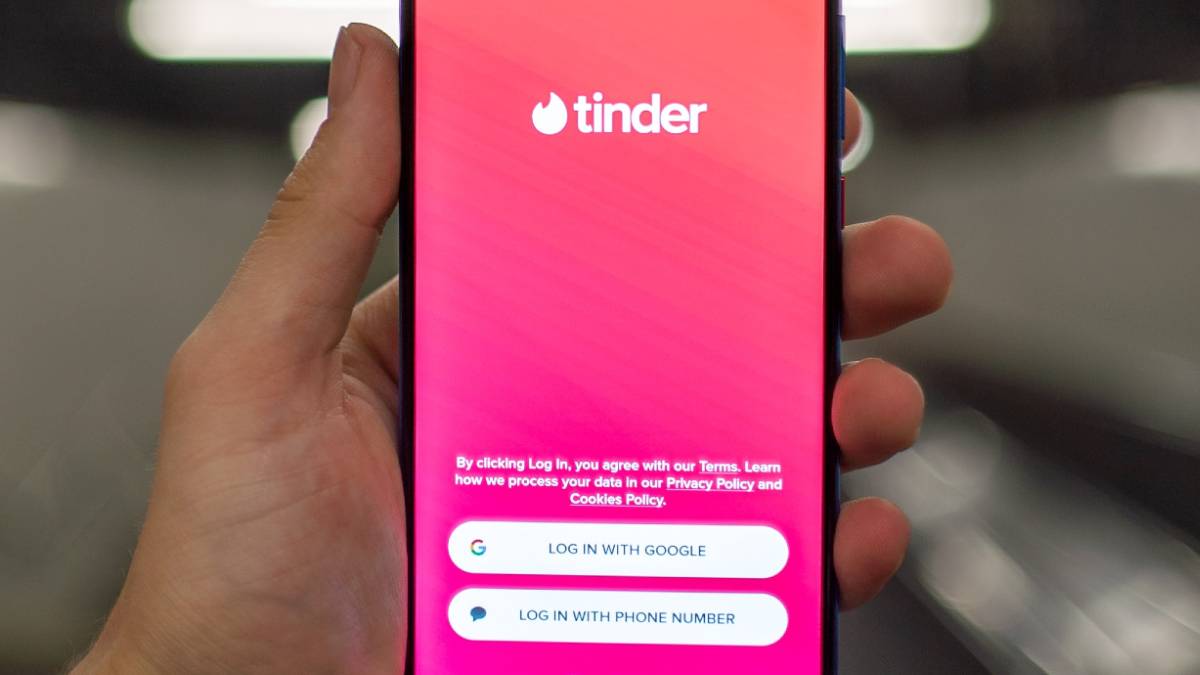
How To Spot An Online Dating Creep
A new study examines people's motivations for acting abusively on dating apps.

By Mark Travers, Ph.D. | August 20, 2021
A new study published in the Journal of Interpersonal Violence explores why people engage in abusive behavior on online dating websites and apps. The answer, according to the researchers, has to do with two well-known evolutionary phenomena: mate value discrepancy, or the difference in resource value between oneself and one's romantic partner, and intrasexual competition, or the rivalry that occurs between individuals for potential mates.
"A recent form of intimate partner violence is digital dating abuse, which involves electronic intrusion in romantic relationships," say the authors of the research led by Manpal Bhogal of the University of Wolverhampton in the United Kingdom. "Previous research has focused on the effects of digital dating abuse on victims, yet little research has focused on the factors which drive the perpetration of digital dating abuse, especially from an evolutionary perspective."
To examine the interplay between mate value discrepancy, intrasexual competition, and online dating abuse, the researchers first recruited 177 heterosexual adults currently in a romantic relationship to participate in an online study. The researchers asked individuals to complete a 17-item questionnaire measuring perceived mate value with questions such as "do you/does your partner have an attractive face?" and "are you/is your partner financially secure?" Participants completed the questionnaire for both themselves and their partner. Next, the researchers asked participants to fill out a section of the Digital Dating Abuse scale, which measures the degree to which one has perpetrated digital dating abuse towards their partner. An example item from the scale is "have you looked at your partner's private information on a computer or mobile phone without permission?"
They found that participants who reported a high mate value discrepancy between themselves and their partners — that is, if their partners' were of a higher perceived mate value — were more likely to perpetrate digital dating abuse such as monitoring their partners' whereabouts. This was true for both male and female participants.
"In response to the risks associated with mate poaching and partner-infidelity, humans have developed mate retention strategies," say the authors. "These mate retention tactics can comprise of cost inflicting mate retention behaviors (control, manipulation, and general negative behaviors directed towards a partner) and benefit-provisioning mate retention behaviors (positive acts such as gift-giving and compliments directed towards a partner) with the aim of maintaining the relationship."
A second experiment tested whether people who are more attuned to the competitive aspects of mating would be more likely to perpetrate online dating abuse. The researchers recruited 162 heterosexual adults currently in a romantic relationship to complete an online questionnaire. In the questionnaire, they asked participants to fill out the Intrasexual Rivalry Scale, a 16-item scale measuring how much individuals compete with members of the opposite sex for mates. Example agree-disagree statements from the scale include "I cannot stand very attractive women/men," "I do my best to become a sexier and more attractive man/woman," and "I cannot stand very successful and wealthy women/men." The researchers then had participants complete the same Digital Dating Abuse scale they used in their earlier study.
They found that participants who perceived more intrasexual competition in their relationship were more likely to perpetrate digital dating abuse. Again, this was true for both male and female participants.
To sum up, partners who feel as though they are less "valuable" than their romantic partner and those who view dating as highly competitive are more likely to do things like monitor a partner's whereabouts online, delete ex-romantic partners on social media, post embarrassing comments or photographs relating to a partner or ex-partner, and threaten a partner online.
This research is important given the growing call for improved online dating safety and security. For instance, a recent Pew Research survey found that only half of Americans viewed online dating as safe. Industry insiders are also worried about user safety; a recent study by RealMe, an online reputation platform dedicated to cultivating safety and trust, found that 80% of dating insiders admitted to seeing an increase in scamming, catfishing, and other bad faith actions over the past year and that two-thirds said their users are asking for more protection, especially female users.
The authors conclude, "This research further bridges the gap between evolutionary science and cyberpsychology by providing an evolutionary perspective to studying online behavior, which is imperative to understanding the online world."
A full interview with Dr. Manpal Bhogal discussing this research can be found here.
